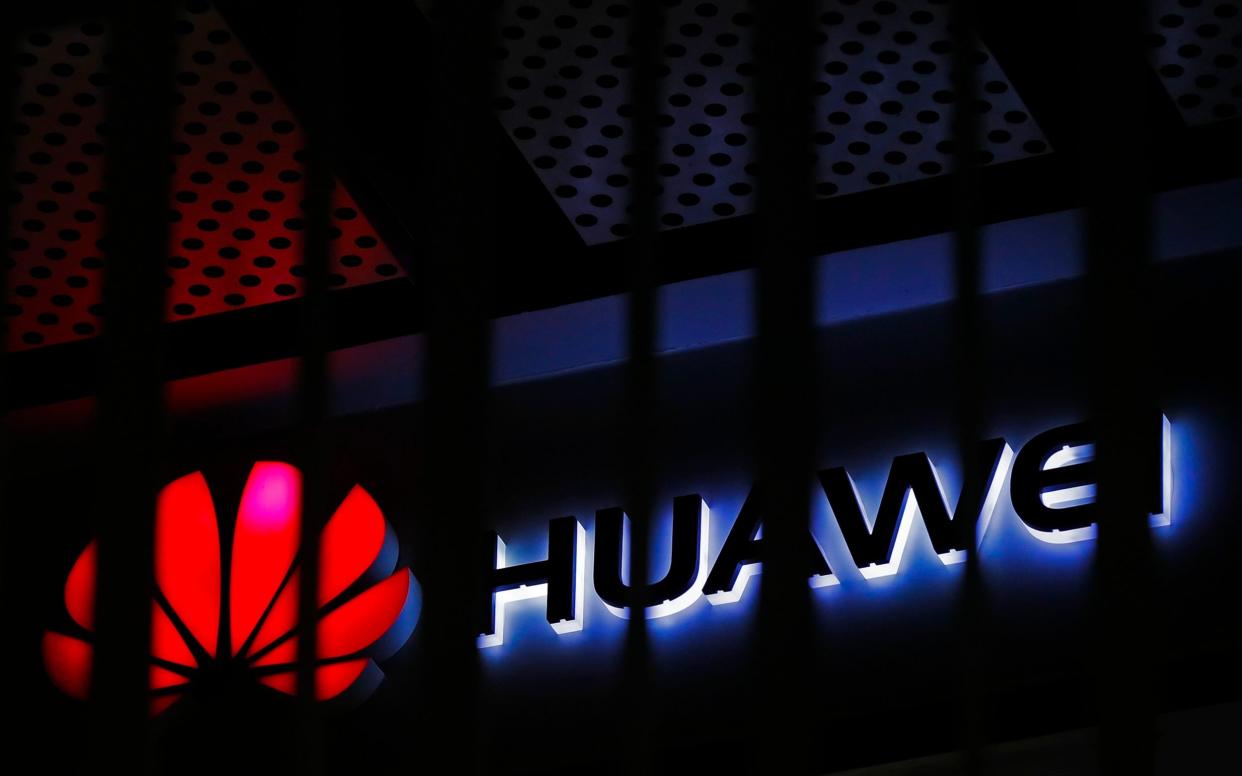Huawei executives refuse to comment on Hong Kong row after insisting they are free to express views

Huawei executives on Thursday refused to comment on the row with China over Hong Kong just moments after insisting that the company’s UK leaders are free to express their opinions.
Jeremy Thompson, a vice president of Huawei UK, told MPs that its management team was “just like any other UK organisation” and able to speak freely.
However, asked seconds later whether he had a view on Beijing’s controversial national security law, which has been widely condemned around the world, he declined to comment.
“Okay, I am a telecoms executive...I don’t have a view,” he told the Commons science and technology committee. “I am here representing Huawei, and Huawei doesn’t get involved in judging the rules of different countries.
When the same question was put to fellow vice president Victor Zhang, he replied: “As a company we are not in a position to comment on that political agenda.”
Pressed on whether he could give his personal opinion, he added: “Yes I can, but not at this hearing, because I’m the vice president of Huawei. I could share my opinion probably offline with you.”
Dr Yao Wenbing, vice president of business development, said: “I don’t think my personal view is of interest to this public hearing.”
It comes amid a growing row between the British Government and China over the imposition of the national security law in Hong Kong, which critics say is being used to stifle the right to protest and freedom of speech.
In response, Boris Johnson has offered approximately 3 million Hong Kong citizens eligible for BNO passports the right to travel and live in the UK, with a path to eventually gaining permanent citizenship.
While Huawei executives told the committee that it was “independent from any government”, Labour MP Graham Stringer claimed it “simply isn’t credible that if China wanted Huawei to do something you would have the ability to resist that.”
His comments follow longstanding concerns over China's national intelligence law, which requires all domestic companies to share information with Beijing if requested.
The US has claimed that China’s laws mean that Huawei equipment could provide so-called backdoors for spying - a claim categorically denied by the company.
During the hearing, Mr Thompson also urged the Prime Minister to give Huawei more time before deciding whether to ban it from the UK’s new 5G network in the wake of fresh US sanctions.
The decision by Washington to impose a ban on the company buying American components has reportedly led the UK’s National Cyber Security Centre to conclude that its equipment is no longer secure.
The Prime Minister is now expected to announce in the coming weeks that British 5G providers will be banned from buying new Huawei equipment by the end of this year, with senior Conservatives calling for it to be removed completely by 2023.
However, executives from Vodafone and BT said the demands to remove all traces of Huawei equipment within three years would cost billions of pounds and cause significant delays to rolling out their 5G networks.
Warning that a minimum of five years was required, they added that UK customers would face mobile phone signal blackouts as operators were forced to switch off multiple base stations at once to install new equipment.
“It is logistically impossible I believe to get to zero in a three-year period,” BT chief technology officer Howard Watson told MPs.
“That would literally mean blackouts for customers on 4G and 2G as well as 5G throughout the country as we have to build that in.
“Think of London. London is mainly served by equipment on rooftops. We’d need to close streets, bring cranes in, lift new equipment to the top of rooftops, replace it, put the old equipment back down on the street.
“That is logistically not practical in the time frame being discussed. We believe we need a minimum of five years.”

 Yahoo News
Yahoo News 
